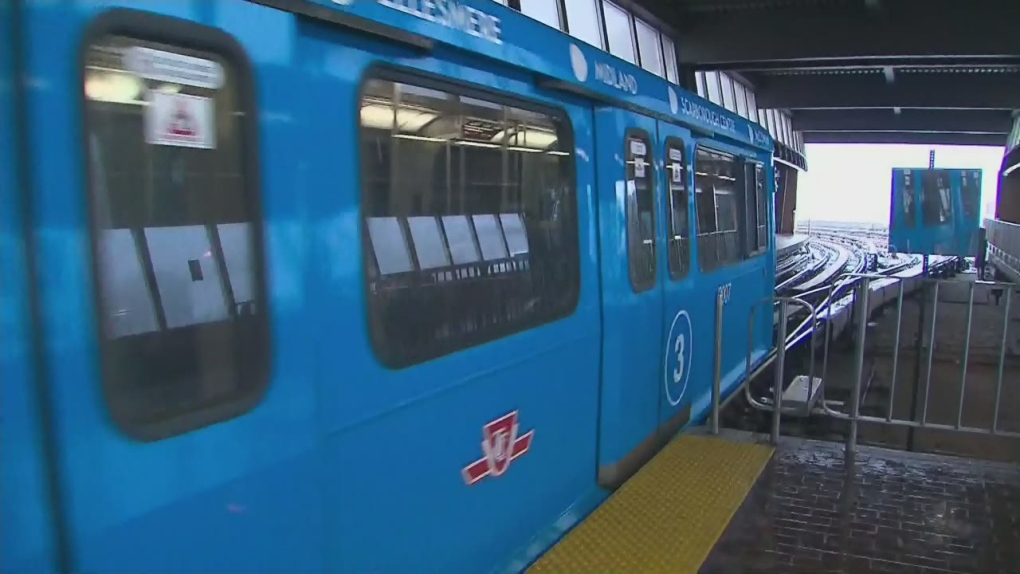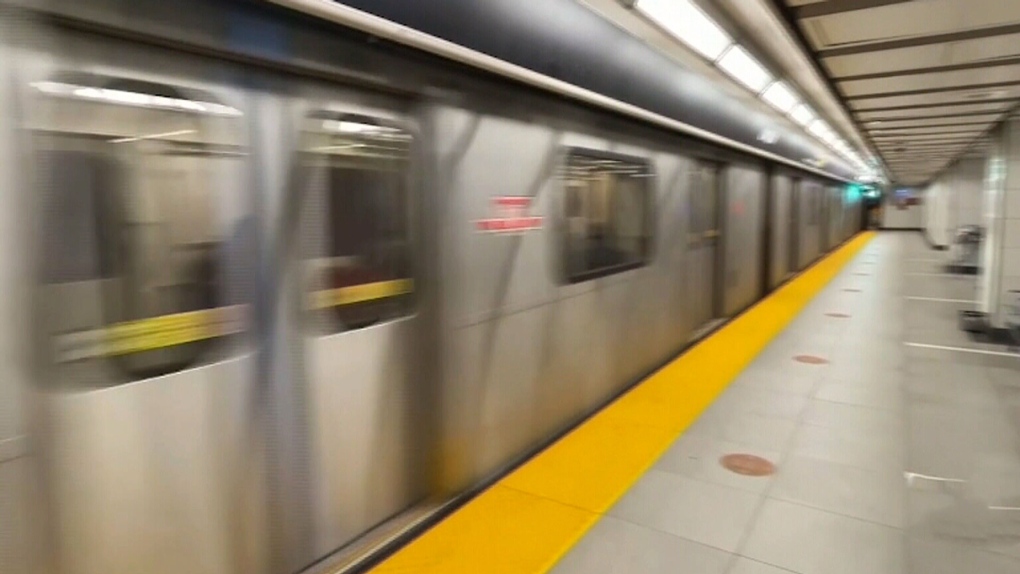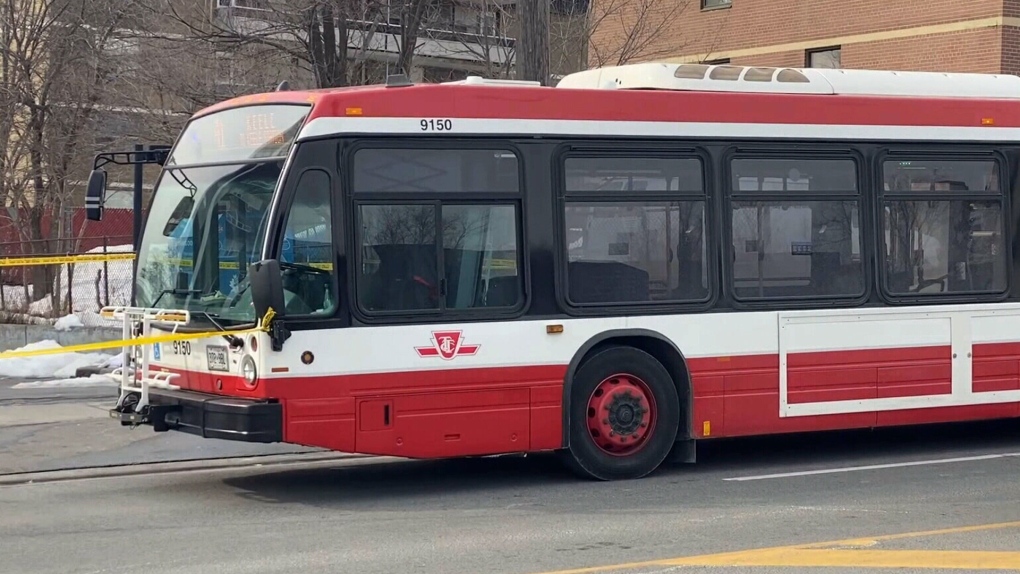Why one expert says Toronto mayoral candidates should not make transit promises

This week saw a flurry of promises around major transportation by mayoral candidates in the Toronto election.
Mitzie Hunter vowed to build the waterfront east LRT and to extend the Sheppard subway line if elected. Brad Bradford said he would accelerate work on the Gardiner East reconstruction by allowing 24/7 construction while Olivia chow said she would scrap the rebuild in order to build a boulevard instead, reversing a council decision that was made seven years ago. Chow and Ana Bailão said they would build a dedicated busway to replace the soon-to-be-decommissioned Scarborough RT instead of running buses along existing streets.
Brad Bradford said he would divert the Queen streetcar to King Street between Spadina and Church instead of running streetcars along Richmond and Adelaide while the Ontario Line construction is underway, while Mark Saunders said he would undo the streetcar right-of-way altogether.
Those were just a few promises made by a few candidates this week and that is likely not the end of the transit promises candidates will roll out before Election Day, June 26.
But experts say that voters have good reason to be skeptical about some of those commitments around transit.
“Just because they're running for mayor, doesn't mean that they understand the complexity of transportation systems,” Toronto Metropolitan University (TMU) Prof. Murtaza Haider says. “It's a job that should be left to the planners and engineers and to the citizens to decide how they would like their money to be spent.”
Haider, who serves as the research director of the Urban Analytics Institute at TMU, says proposals which ignore reality and which don’t have a funding plan are tantamount to “gimmicks.”
He points to the SmartTrack plan that former mayor John Tory ran on eight years ago.
“It never happened. It will never happen,” Haider says. “Why it doesn't happen and it will not happen? Because Metrolinx always had a plan to build these stations. These are stations on Metrolinx’s line. They would have been built anyways when the time comes.”

He says some of the promises which are already out there in the campaign ignore critical data. The ridership numbers for a Sheppard subway extension, for example, would not justify the billions of dollars that would be required to extend the line, he says. Likewise, he calls the idea that tearing down the Gardiner Expressway would have a minimal impact on traffic flow and on goods coming into the city smoothly “misinformation.”
But even if he disagrees with some of the transit decisions the city has taken in the past (he cites the Scarborough subway extension as one), he says it is counterproductive to reopen those debates instead of moving forward.
“The whole place gets politically, economically, socially and traffic-wise gridlocked,” Haider says. “Those decisions they have been making, they've been made. And we are going back and forth, back and forth. In the end, nothing gets done, money gets spent.”
He says promises about re-opening old debates or creating transportation plans "drawn on the back of a napkin" should be dismissed as "gimmicks."
Professor Mahtot Gebresselassie, who researches urban transportation at York University, goes even further. She sees untenable campaign promises around transit as "predatory" because they target those who rely on transit to get around, which includes some of the city’s most vulnerable residents who may not necessarily be able to discern which commitments are plausible.
“Voters are in a vulnerable position if they're not familiar with the topic,” Gebresselassie says.
She said a politician who promises a plan knowing that they don't have a way of paying for it is playing on the vulnerabilities of voters who rely on transit.
“There is something predatory about these candidates saying nice, nice, promising things, knowing that they actually may even discard them. In fact, most of these promises are going to be discarded once the person is elected.”
Gebresselassie says candidates need to be mindful about the consequences of what they plan to do and even about the unintentional consequences. She points to recent TTC service cuts and says that when you take a closer look, they in fact impact some of the most disadvantaged residents in the city the most.

“Willful deception is not a way to enter into a new relationship, if you want that relationship to be sustainable, meaningful, long-lasting,” Gebresselassie says. “And I think that's what's disappointing about this whole transit issue.”
It would be easy to become cynical, she says, but voting is still too important not to participate in the electoral process.
So what should voters do if they want to take part in the process but don't want to vote for a candidate who's pitching an untenable plan.
“My suggestion would be going forward that we should actually forbid the mayoral hopefuls from dreaming up projects that have no economic planning rationale,” Haider says.
But barring that, he says voters should make candidates explain their plans in more detail.
“Tell us who's gonna pay for it,” Haider says. “And then if (the candidate) says, ‘well, the province of Ontario will pay for it,’ you go to the province; ‘are you going to pay for it? Because this mayoral candidate is saying that you're going to pay for it’ and let the province say ‘we have no interest’ or ‘yes, we can pay for it.’ That kind of fact-checking should happen during the campaign.”
Ideally, he says, he'd like to see the candidates subjected to questions from experts in a debate on the issue. It’s the least the candidates should do to prove they are serious if they plan to spend hundreds of millions or even billions of dollars in taxpayer money, Haider says, pointing out that the implications and costs of these decisions last well past the careers of most politicians.
“You and I walk into the restaurant, and we order things and ask the waiter to charge the whole restaurant for what we have ordered,” Haider says by way of analogy. “And why would others pay for you? But this is how exactly we do in transportation.”
CTVNews.ca Top Stories

Second Cup closes Montreal franchise over hateful incident
Second Cup Café has closed one of its franchise locations in Montreal following allegations of hateful remarks and gestures made by the franchisee in a video that was widely circulated online during a pro-Palestinian protest on Thursday.
‘It’s pretty emotional:’ N.B. family escape fire, plan to rebuild home
A family in Riverview, N.B., is making plans for Christmas and the future after escaping a fire in their home on November, 14.
Cargo ship runs aground in St. Lawrence River near Morrisburg, Ont.
A large cargo ship remains stuck in the St. Lawrence River after running aground on Saturday afternoon.
Scurvy resurgence highlights issues of food insecurity in Canada's rural and remote areas
A disease often thought to only affect 18th century sailors is reemerging in Canada.
B.C. man awarded $800K in damages after being injured by defective bear banger
A B.C. man has been awarded nearly $800,000 in damages as compensation for injuries he sustained from a defective bear banger, according to a recent court decision.
A man called 911 for help during a home invasion. Las Vegas police fatally shot him
A Las Vegas man called for police help during a home invasion before an officer fatally shot him, according to authorities and 911 calls.
Cat caught in hunting snare rescued by BC SPCA
Donations are ramping up for a BC SPCA cat with a mangled paw after being caught in a hunting snare, one of a rising number of pets to fall prey to the hunting device.
These royal residences are opening their doors this Christmas
Not so long ago, if you wanted to spend Christmas with the royal family, the only way to get close was to press your nose up to the TV screen during the monarch’s Christmas speech.
'Still working full time on it:' One year later police continue to search for gunman in Caledon double murder linked to ex-Olympian
One year after a couple was shot and killed in their Caledon home in what investigators have described as a case of mistaken identity, Ontario Provincial Police say they are still trying to figure out who pulled the trigger.

































